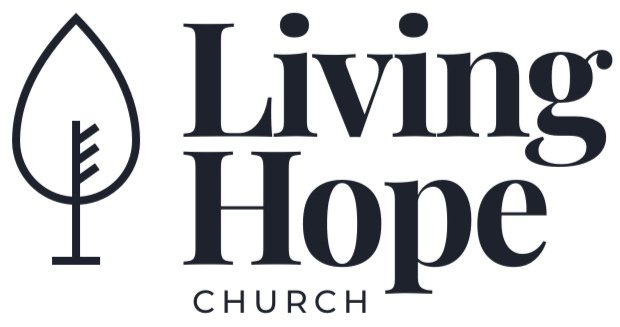Holy Saturday
One final guest post by Tristan this week.
What should we make of this day––a day between the anguish of Christ’s death and the triumph of his resurrection? Do we go on mourning, or do we rejoice because we know what comes next? I think that both responses are appropriate, but neither seems completely satisfying given the limbo in which Holy Saturday leaves us. So let’s look at what Scripture tell us about this day.
Very little is recorded. In fact, it’s only Matthew who offers us any account of the day’s events. In chapter 27, beginning in verse 62, we read:
The next day, that is, after the day of Preparation, the chief priests and the Pharisees gathered before Pilate and said, “Sir, we remember how that imposter said, while he was still alive, ‘After three days I will rise.’ Therefore order the tomb to be made secure until the third day, lest his disciples go and steal him away and tell the people, ‘He has risen from the dead,’ and the last fraud will be worse than the first.” Pilate said to them, “You have a guard of soldiers. Go, make it as secure as you can.” So they went and made the tomb secure by sealing the stone and setting a guard.
Interestingly enough, Matthew doesn’t focus his attention on the response of Jesus’ disciples and friends. Rather, he is concerned with how those opposed to Jesus respond to his death and impending resurrection. And their response tells us two things.
First, it’s fascinating that, for Jesus’s entire earthly ministry, the Jewish leaders wanted him dead, but, now that they’ve accomplished their goal, they still feel like they’ve left the job undone. In their effort to drown out Jesus’ words, they can’t help but sense that he may have been telling the truth all along. They’d heard Jesus predict his resurrection over and over, but what if he really would rise from the dead on the third day? The chief priests and Pharisees haven’t chosen to submit to Jesus, but their inability to completely disregard his words tells us that they know that he speaks with authority. And this authority transcends even Jesus’ earthly life.
Second, notice how Jesus’ enemies label him. They call him an “imposter” and tell Pilate that, if the disciples steal Jesus’ body, then “the last fraud will be worse than the first.” This is what the chief priests and Pharisees think of Jesus––he’s a deceiver, and his movement is a hoax. But they also seek to prevent what they fear will be more deception. Why? Perhaps it is because they understand the significance of the resurrection. If Jesus actually rises from the dead (or, in their thinking, if Jesus’ disciples can convince the crowds that he’s risen from the dead), then he has been telling the truth. And if what Jesus said about his resurrection is true, it assures us that all that he ever said is true.
Holy Saturday prompts us to reflect on the authority and truth of our Savior’s words. Jesus’ lifelessness on this day may have caused his followers to question if he would rise again as he had said. And, in a world where decay, disease, and death seem to have the final word, we may live in the uncertainty that is Holy Saturday. But, yet again, Jesus assures us with his words: In the world you will have tribulation. But take heart; I have overcome the world.
And the song for today: Ah, Holy Jesus, How Have You Offended?


